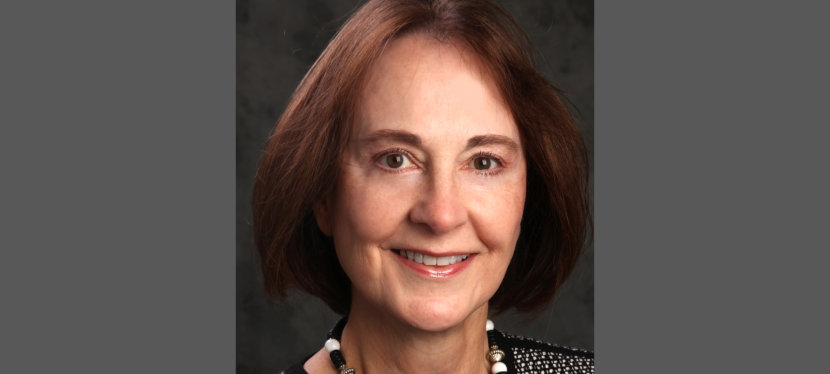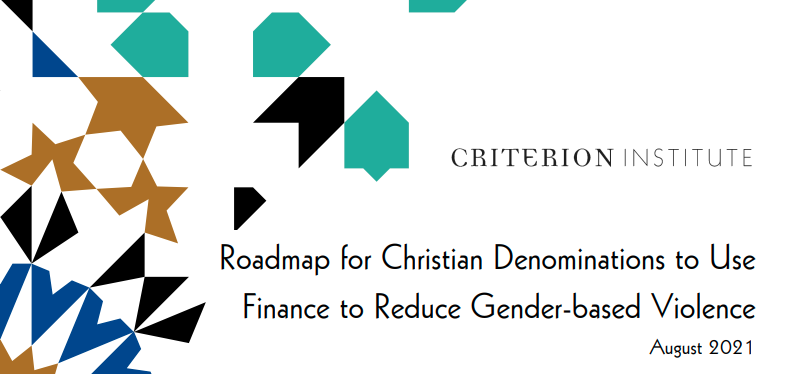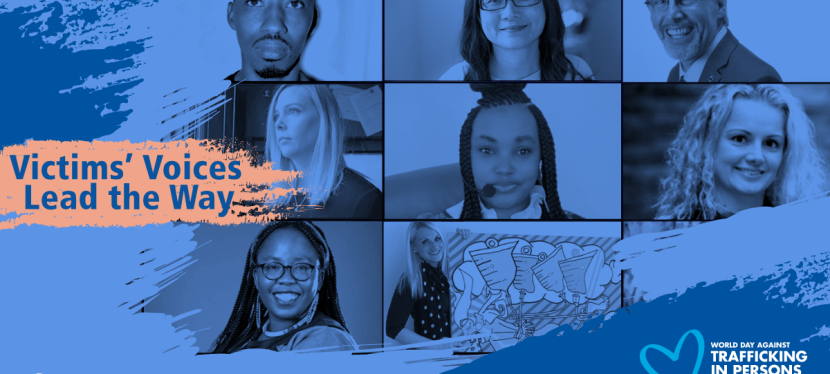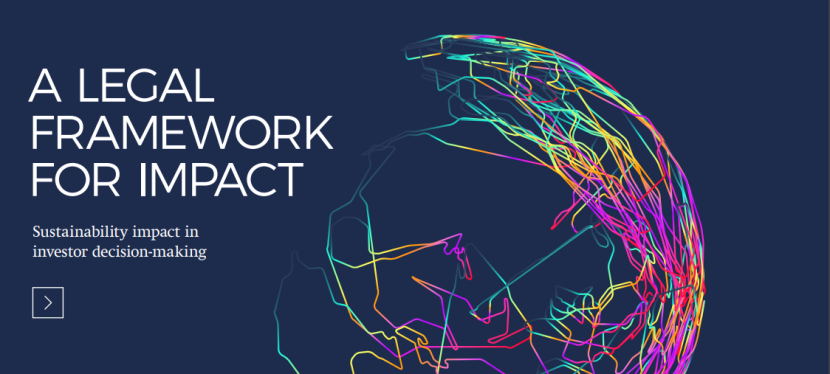The Board of Seventh Generation Interfaith Coalition for Responsible Investment is pleased to announce that Donna Meyer, recently retired from Mercy Investment Services, has been selected to receive the 2021 Fr. Mike Crosby Award. The award will be presented at the SGI member meeting and conference on October 12. The Fr. Mike Crosby Award recognizes a person who has promoted a more just and sustainable world and exemplifies the passion and commitment of our founder, Michael Crosby, O.F.M., Cap.
“We’re so happy to recognize Donna with the Fr. Mike Crosby Award. In addition to working closely with Father Mike in tobacco engagements, she has been a leader in ICCR and beyond by promoting health equity for the most vulnerable in our society,” said Frank Sherman, SGI executive director. He added, “Companies and investors alike recognize Donna for her knowledge and compassion. Mike is smiling today!”
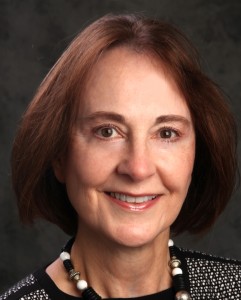
“Through her quiet but steadfast dedication, and gracious leadership, Donna has promoted health equity and helped improve the health of local and global communities,” said Katie McCloskey, vice president of social responsibility at Mercy Investment Services.
Donna Meyer, PhD, was Director of Shareholder Advocacy for Mercy, where she specialized in Public Health and Health Services. She actively participated with the Interfaith Center on Corporate Responsibility (ICCR), serving alongside Fr. Mike on its board from 2007 to 2013 and using her expertise in health care and public health to provide leadership for domestic and global health issues. Recently, she helped lead the focus on increasing access to COVID vaccines and treatments.
Throughout more than two decades of shareholder advocacy, Donna was a regular collaborator with Fr. Mike. Fr. Mike collaborated with Donna in the design of the SRI program for CHRISTUS Health, and he guided her into an engagement about the sale and advertisement of tobacco products that was her first “win.”
Donna also served as co-chair of the Investors for Opioid and Pharmaceutical Accountability (IOPA). The IOPA is a coalition of 61 investors with $4.2trn in combined assets under management. In four years, this coalition has engaged major opioid manufacturers, distributors, and retail pharmacies on gaps in governance and oversight, leading to companies pulling back pay from executives, producing public reports on their board oversight of opioid-related risks, and instituting oversight committees.
Donna’s career in healthcare administration includes serving on the Board of Directors of a number of health-related organizations. She currently serves on the Board of the Texas Health Institute and as a member of the Catholic Health Initiatives (Common Spirit) Mission and Ministry Board Committee. She is a Fellow of the American College of Health Care Executives; she earned her BS and MS from the University of Minnesota and her Doctorate from the University of Texas School of Public Health.
Please join us in congratulating Donna!

